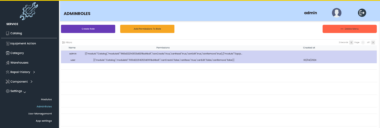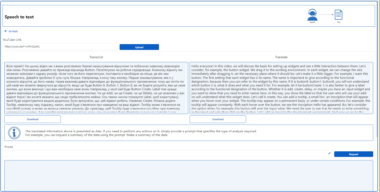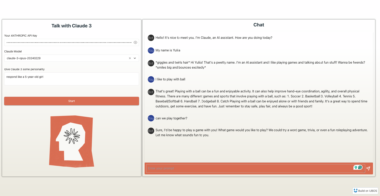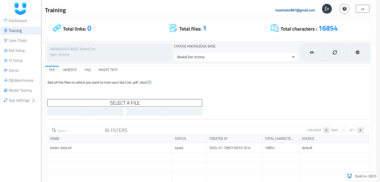Overview of MCP Server for Lightdash
In the rapidly evolving landscape of artificial intelligence and data analytics, the MCP (Model Context Protocol) Server for Lightdash emerges as a pivotal tool, designed to bridge the gap between AI models and enterprise data. This server facilitates seamless integration with Lightdash, a leading business intelligence platform, enabling AI assistants to interact with data through a standardized interface. This overview delves into the multifaceted capabilities of the MCP Server, its use cases, and how it revolutionizes data interaction for businesses.
Key Features of MCP Server
- Standardized Access: The MCP Server provides MCP-compatible access to Lightdash’s API, ensuring a uniform method for AI models to interact with data.
- Comprehensive Tools: Equipped with a suite of tools such as
list_projects,get_project,list_spaces, and more, the server allows detailed exploration and manipulation of data. - Code Integration: Features like
get_charts_as_codeandget_dashboards_as_codeempower developers to seamlessly integrate data visualizations into their applications. - Security and Customization: With configurations like
LIGHTDASH_API_KEYandLIGHTDASH_API_URL, users can securely customize their connections and data access.
Use Cases
- Enhanced Data Analytics: Businesses can leverage the MCP Server to enhance their data analytics capabilities, integrating AI models with Lightdash to derive actionable insights.
- AI-Driven Decision Making: By providing AI models with direct access to enterprise data, organizations can facilitate AI-driven decision-making processes.
- Custom AI Solutions: Developers can build custom AI solutions that interact with enterprise data, paving the way for innovative applications tailored to specific business needs.
- Streamlined Data Management: The server’s ability to list and manage projects, spaces, charts, and dashboards simplifies data management, making it more efficient and user-friendly.
Integration with UBOS Platform
The MCP Server aligns seamlessly with the UBOS Platform, a full-stack AI agent development platform. UBOS focuses on integrating AI agents into every business department, orchestrating AI agents, and connecting them with enterprise data. By leveraging the MCP Server, UBOS enhances its capability to build custom AI agents with LLM models and multi-agent systems, offering businesses a robust solution for AI integration.
Installation and Configuration
Quick Start
- Installing via Smithery: Use the Smithery CLI to install the Lightdash MCP Server for Claude Desktop automatically.
- Manual Installation: Alternatively, install the server using npm for a straightforward setup.
Configuration
- Set up your Lightdash API key and base URL to configure the server according to your enterprise needs.
Development and Contribution
Developers are encouraged to contribute to the MCP Server’s development by forking the repository, creating feature branches, and submitting pull requests. The server supports various scripts for development, including linting checks and example scripts, facilitating a collaborative development environment.
Conclusion
The MCP Server for Lightdash represents a significant advancement in the integration of AI models with enterprise data analytics platforms. By providing a standardized protocol for data interaction, it empowers businesses to harness the full potential of AI-driven insights, streamline data management, and foster innovation through custom AI solutions. Its integration with the UBOS Platform further amplifies its capabilities, making it an indispensable tool for modern enterprises.
Lightdash MCP Server
Project Details
- syucream/lightdash-mcp-server
- lightdash-mcp-server
- MIT License
- Last Updated: 4/4/2025
Recomended MCP Servers


A FastMCP server implementation for the Semantic Scholar API, providing comprehensive access to academic paper data, author information,...

A Model Context Protocol (MCP) implementation that enables Claude Desktop to interact with Azure services. This integration allows...


ModelContextProtocol for Figma's REST API
A open-source library enabling AI models to control hardware devices via serial communication using the MCP protocol. Initial...

MCP Server for Metasploit
 From vibe coding to vibe deployment. UBOS MCP turns ideas into infra with one message.
From vibe coding to vibe deployment. UBOS MCP turns ideas into infra with one message.






